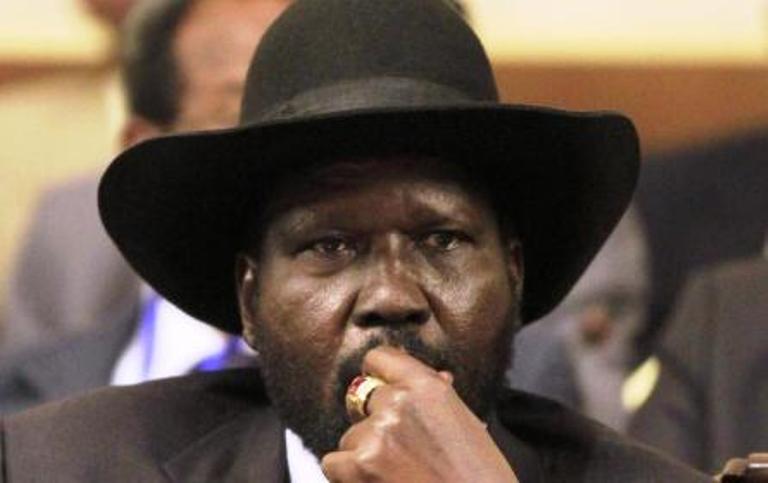S. Sudan war denying opportunity to elect leaders: official
July 14, 2017 (JUBA) – A member of the Jieng (Dinka) Council of Elders (JCE) said war has imposed on people a situation in which citizens cannot choose leaders of their choices.

“If politicians did not politicize and ethicized local issues to appeal local supports, the current situation would have been contained and resolved long time ago. It would have taken this long and the longevity of this current has now denied the citizens their right to choose leaders of their choice”, Dau told Sudan Tribune Friday.
“Nobody likes the situation to continue but the current war itself was imposing the current situation, which he said he was ripping the country apart,” he added.
He echoed appeal of president Kiir at an occasion marking the 6th anniversary of the independence of South Sudan from neigbouring after conduct referendum on self-determination on July 9, 2011.“Our country is politically divided and we must find ways and means to unite and build one nation. The implementation of the peace deal and the national dialogue are the only way forward,” said Kiir.
“I want to appeal to all our international partners, the IGAD countries, East African Community, the African Union, the UN Security Council and the UN General Assembly, to support the National Dialogue process in South Sudan,” he added
The president appealed to all opposition groups to support the dialogue, saying the initiative was the only viable formula for resolving layers of conflicts in the country.
“It is therefore incumbent upon all of us; both government and opposition, to let the national dialogue succeed,” stressed Kiir.
An outspoken religious cleric, however, castigated Kiir for failing to find a solution for the three year civil war, and resorting to a “waste of time” national dialogue.
“Instead of solving the political problem of this country, national dialogue is thrown to us…the problem is political and it has to be solved by the political leaders,” said Bishop Santo Laku Pio, the Auxiliary Bishop of the Catholic Archdiocese of Juba
The young nation slid into a civil war two years after secession following the collapse of a coalition of ethnic and political elites pitting President Kiir and his followers against his deputy Riek Machar.
Regional grouping, Intergovernmental Authority on Development (IGAD) attempted to piece the unity coalition back twenty months later, culminating in the August 2015 Agreement on the Resolution of the Conflict in South Sudan (ARCSS). Under the terms of this agreement, Machar flew to Juba in April 2016 with a sizable protection force to ensure he remained the legitimately-appointed First Vice-President.
The coalition government did not work as rival forces clashed in Juba three months later and Machar was controversially replaced after President Kiir gave an ultimatum.
In May, members of the national dialogue steering committee took oath and began the process earmarked to unite nationals along peace and heal ethnic divisions.
He said he would not allow Machar, currently in South Africa, to take part in the dialogue.
(ST)
